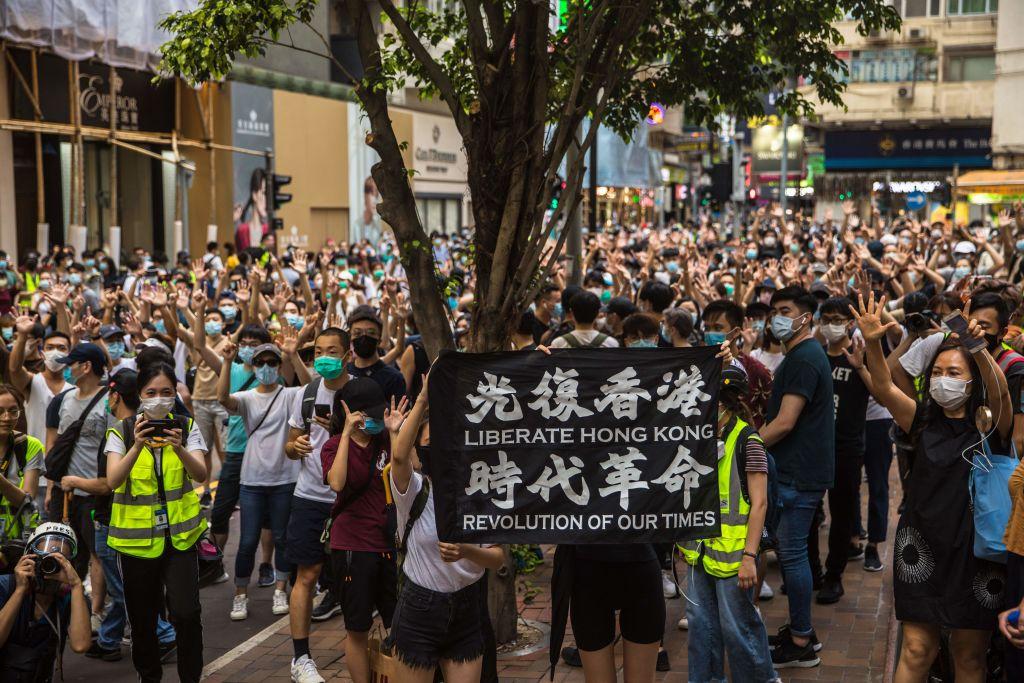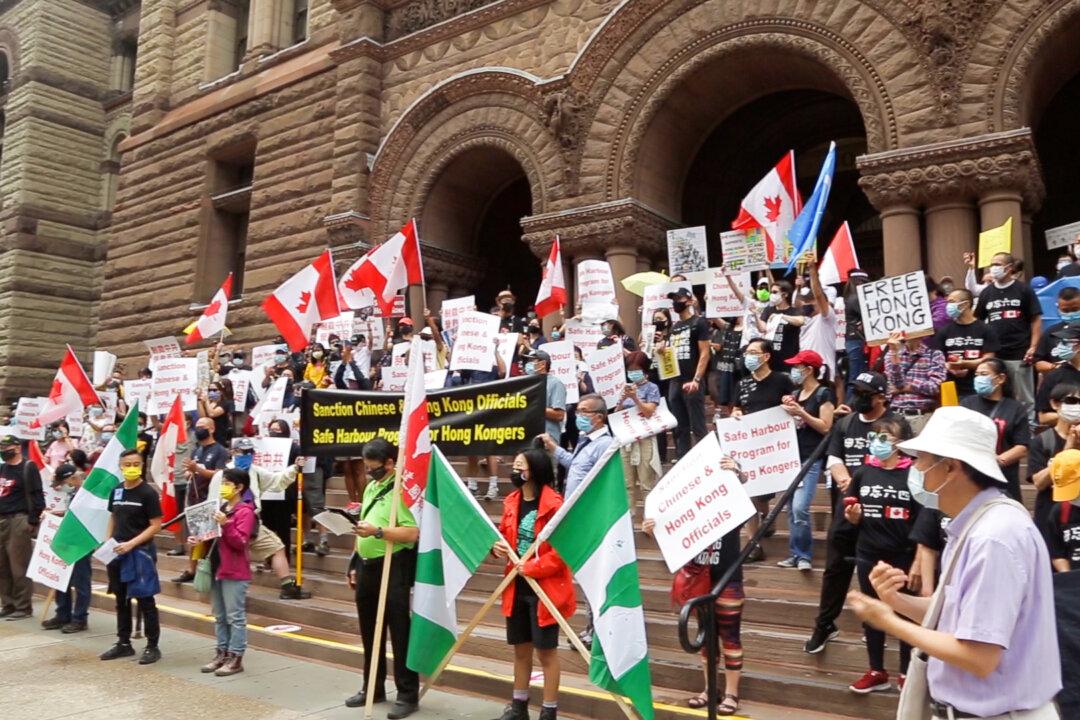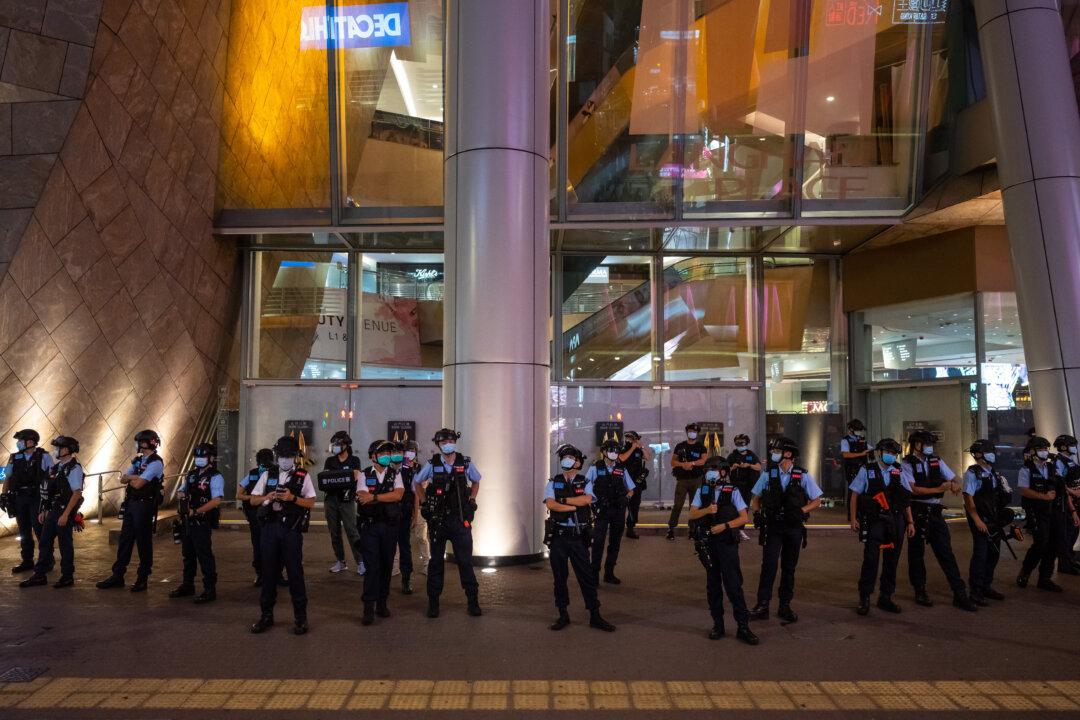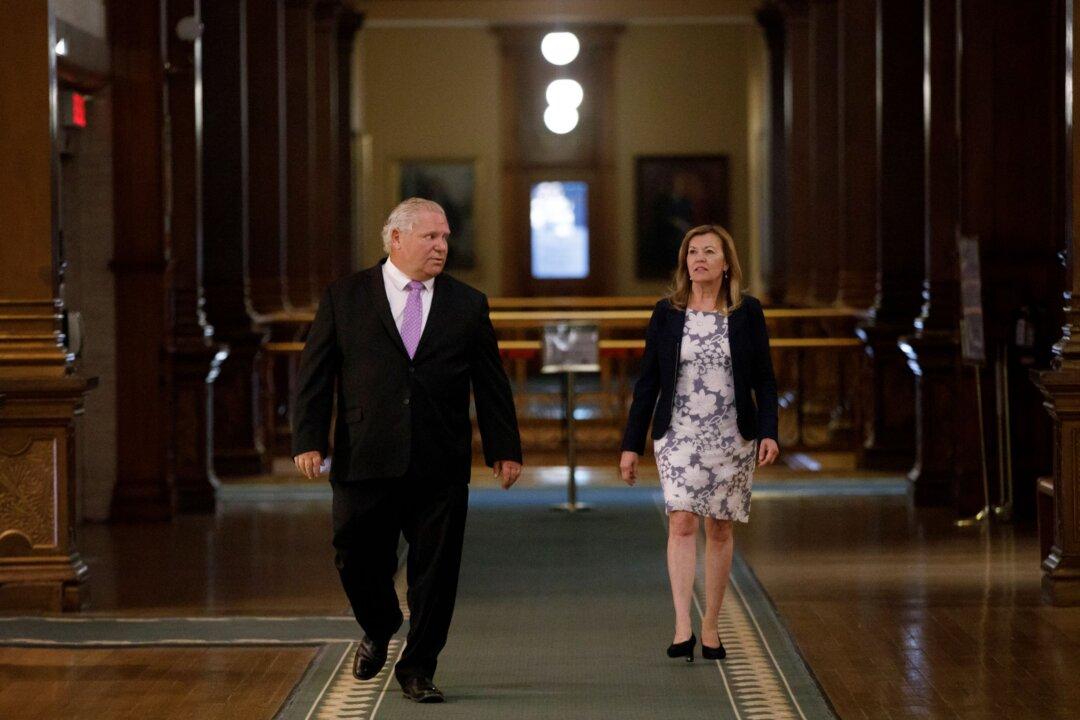A joint letter signed by 62 MPs, four senators, a former House of Commons speaker, and more than 20 community groups is calling on Canada to impose Magnitsky sanctions against Beijing and Hong Kong officials over human rights atrocities.
Initiated by Alliance Canada Hong Kong (ACHK), the letter asks Prime Minister Justin Trudeau, his deputy Chrystia Freeland, and Global Affairs Minister François-Philippe Champagne to sanction Chinese and Hong Kong officials “directly responsible for the human rights atrocities happening in Tibet, occupied East Turkestan (Xinjiang), and Hong Kong.”





